TAKE ACTION TODAY

Individuals: Congress Must Act Quickly to Restore Harmful SNAP Cuts
Email Your Members of Congress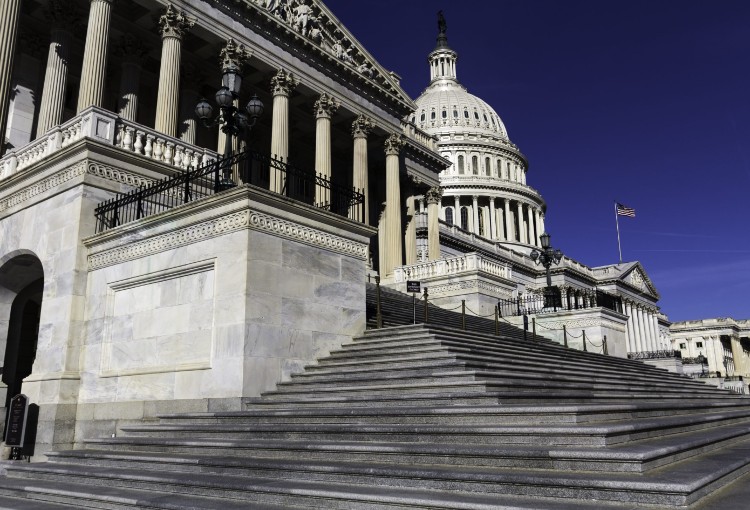
Individuals: Urge Congress to Reinstate USDA's Food Security Report
Email Your Members of Congress
Individuals: Urge Your House Representative to Cosponsor the MODERN WIC Act
Email Your Members of Congress

#WhyILoveSNAP
Take part in FRAC’s #WhyILoveSNAP campaign throughout February to lift up why SNAP matters to millions of people — including children, older adults, veterans, and people with disabilities — and urge Congress to repeal the harmful SNAP cuts in the budget reconciliation law (H.R. 1).
- Get vocal on social: Use this toolkit to copy and paste posts and graphics, or as inspiration to create your own, to show the power of SNAP and to pressure Congress to reverse the cuts to SNAP.
- Make headlines: Submit a letter to the editor to your local paper in a few simple steps using this tool
- Share stories on why SNAP matters and the harmful ripple effects of SNAP cuts.
- Spread the word: Encourage your local and state policymakers and other stakeholders to participate in the campaign.
Together, we can show our love for families and communities and help ensure that Congress hears loud and clear why SNAP must be restored and protected.
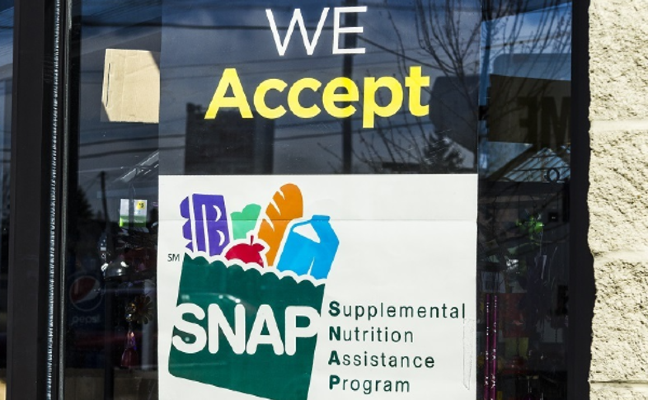
Congress Must Act Quickly to Restore Harmful SNAP Cuts
Congress must take immediate action to repeal the devastating cuts and harmful impacts on the Supplemental Nutrition Assistance Program (SNAP) that were included in the budget reconciliation law, H.R. 1. Anti-hunger advocates are urging Members of Congress to cosponsor and support the Restoring Food Security for American Families and Farmers Act of 2025, which repeals the cuts to SNAP.
- Share with your Members of Congress these new FRAC resources:
- Protect SNAP: Legislative Priorities
- SNAP Cost-Shifts Will Increase Hunger, Strain State Budgets, and Deepen Economic Risk
- Table: Economic Strain and New SNAP Cost-Shifts Under H.R. 1 Across All States
- Playbook: Supporting State Economic Stability and Strength After H.R. 1 SNAP Cuts
- Cuts to SNAP Threaten Child Nutrition Programs
- Use the FRAC Action Network to easily send your Members of Congress a pre-populated email, or craft your own;
- Get vocal on social and tag your Members.
For more information on engaging with your Members, contact Tim Klipp-Lockhart, tklipp-lockhart@frac.org, and for information on SNAP, Gina Plata-Nino, gplata-nino@frac.org.
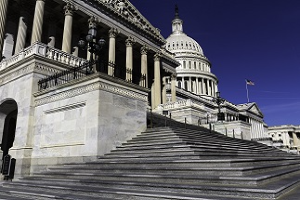
Solving Hunger in America Through Leadership, Action, and Collaboration
America’s hunger crisis is deepening. Critical federal nutrition programs that keep hunger at bay are under attack. For more than five decades, FRAC has been at the forefront of protecting, strengthening, and expanding the reach of the federal nutrition programs. Discover FRAC’s impact in 2025.

Advocacy Needed to Reinstate USDA’s Food Security Report
The U.S. Department of Agriculture (USDA) has announced that, after this year, it will no longer release the Economic Research Service (ERS) Household Food Security report, the gold standard for measuring hunger in America. This decision silences the evidence we need to hold policymakers accountable and threatens to deepen America’s hunger crisis.
Take Action:
Individuals – Use the FRAC Action Network to urge your Members of Congress to reach out to USDA and demand it reinstate the ERS Household Food Security report.

FRAC, CBPP, and Nearly 1,500 National, State, and Community-Based Organizations Urge Congress to Restore SNAP Funding
The Food Research & Action Center (FRAC), the Center on Budget and Policy Priorities (CBPP), and nearly 1,500 national, state, and community-based organizations signed a letter urging Congress to repeal the recent cuts to the Supplemental Nutrition Assistance Program (SNAP) by cosponsoring the Restoring Food Security for American Families and Farmers Act of 2025.

Explore FRAC’s Budget Reconciliation Resources
Find statements, press releases, FRAC Chat blogs, bill analysis, interactive data tools, and more.

- 2025 Budget Reconciliation: Oppose Cuts to the Federal Food and Nutrition Programs
- Creating a Healthier Future by Protecting and Strengthening the Child Nutrition Programs
- Creating a Healthier Future by Protecting and Strengthening the Supplemental Nutrition Assistance Program (SNAP)
- Fiscal Year 2026 Budget and Appropriations Priorities for Food and Nutrition Programs
-
-
Visit Farm Bill 2025 for all Farm Bill legislation and actions.
-
Visit Budget, Reconciliation & Appropriations for all relevant legislation and actions.
-
Visit our Healthy School Meals for All (HSMFA) microsite for all HSMFA legislation and actions.
-
Visit FRAC’s Bills We’re Supporting page for additional priorities for families struggling against hunger.
-
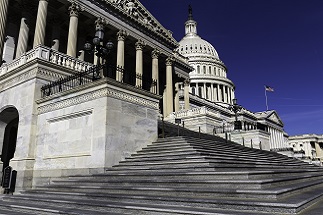
Budget Reconciliation 101
Curious about Budget Reconciliation? Unsure about the process or special rules to look out for? Explore this three-page report that explains what you need to know.
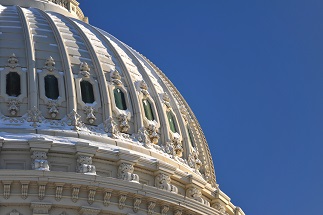
Sign Up for the FRAC Action Network!
Urge your Representatives to support and strengthen the Federal Nutrition Programs. Learn about the latest opportunities for action by signing up for the FRAC Action Network. Hungry people can’t wait.
Take Action

Organize a Site Visit
Read More
Recent Publications & Data
See More Resources- Fact Sheet
Congress must take immediate action to ensure the Farm Bill — or any legislation — reverses the devastating cuts and harmful impacts on the Supplemental Nutrition Assistance
Read the fact sheet
Program (SNAP) that were included in the budget reconciliation law, H.R. 1. Protecting SNAP is protecting America’s health, economy, and future. - Report
The budget reconciliation law (H.R. 1) represents the most significant retrenchment of the Supplemental Nutrition Assistance Program (SNAP) in decades. FRAC’s City Playbook is designed to help municipal leaders understand the scope of what’s coming, anticipate challenges, and prepare coordinated responses with state, federal, and community partners.
Read the playbook - Best Practice
The federal Summer EBT Program helps to ensure that more children from households with low incomes have access to adequate nutrition during the summer months. Learn how schools and school nutrition staff can play a critical part in ensuring the success of the program, along with outreach best practices from schools across the country.
Read the fact sheet - Best Practice
Download this practical checklist to help transition‑age youth with foster care experience and/or housing insecurity keep or apply for SNAP as new time limits from the budget reconciliation law (H.R. 1) take effect. It equips advocates and caseworkers with clear guidance to support young people who rely on SNAP to put food on the table while navigating the adult world of work, training, and housing.
Download the checklist
News
FRAC Chat
As the president prepares to deliver the State of the Union on Tuesday, millions of families across our nation — one in seven households to be exact — are struggling to put food on the table. For the 47.9 million people, including 14.1 million children, who live in these households, food insecurity is not an abstract concept. It is a daily reality, and it has only gotten worse as the cost of food has continued to climb.
The Summer Electronic Benefit Transfer Program (Summer EBT) is entering its third year, and the window for states to opt in for 2026 has closed.
Thirty-eight states, Washington D.C., five Indian Tribal Organizations, and all five U.S. territories submitted a notice of intent by the January 1 deadline and are poised to implement Summer EBT this year. This includes Iowa, which will be operating Summer EBT for the first time.
Q&A With Economist and Bestselling Author, Daniel Altman
